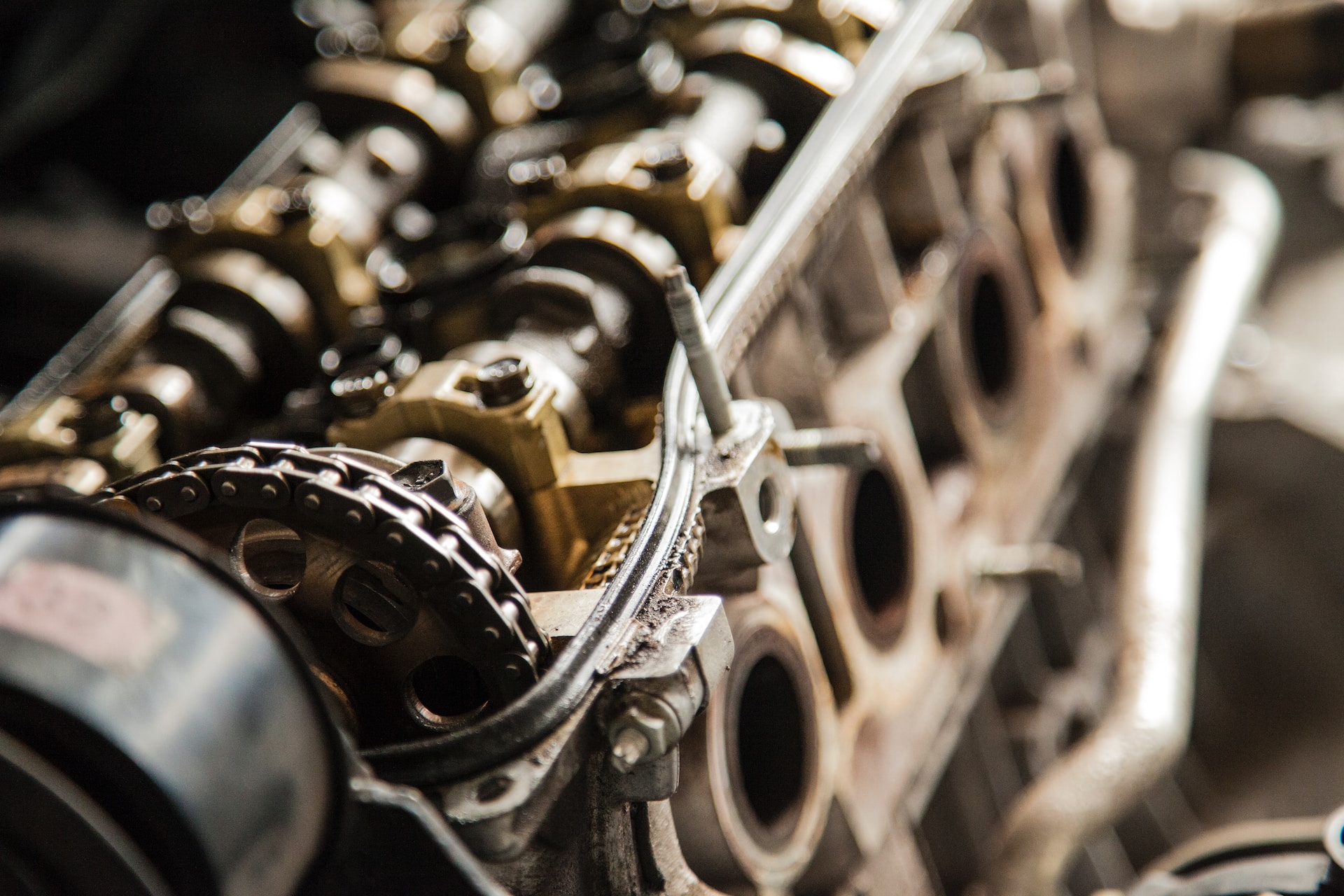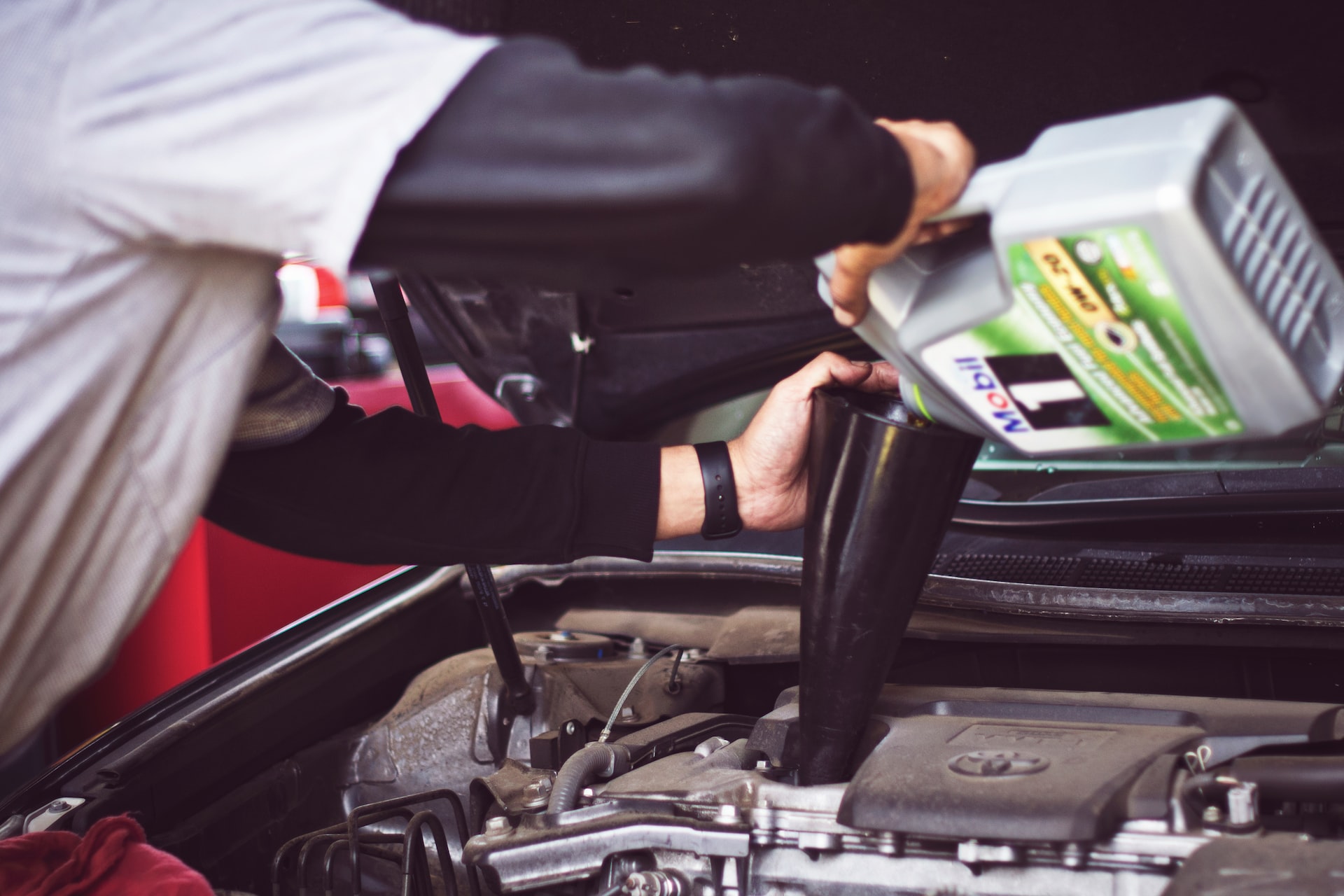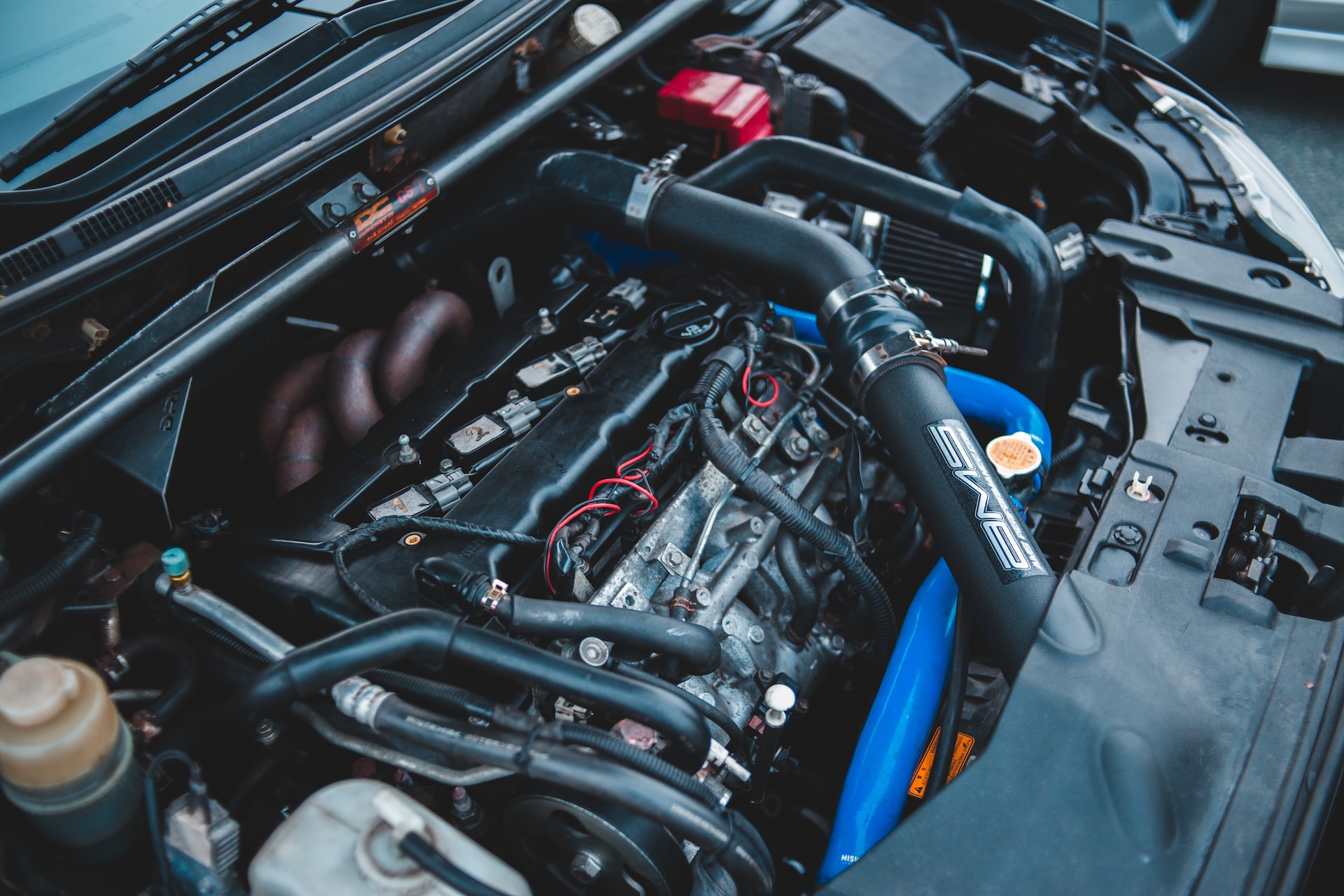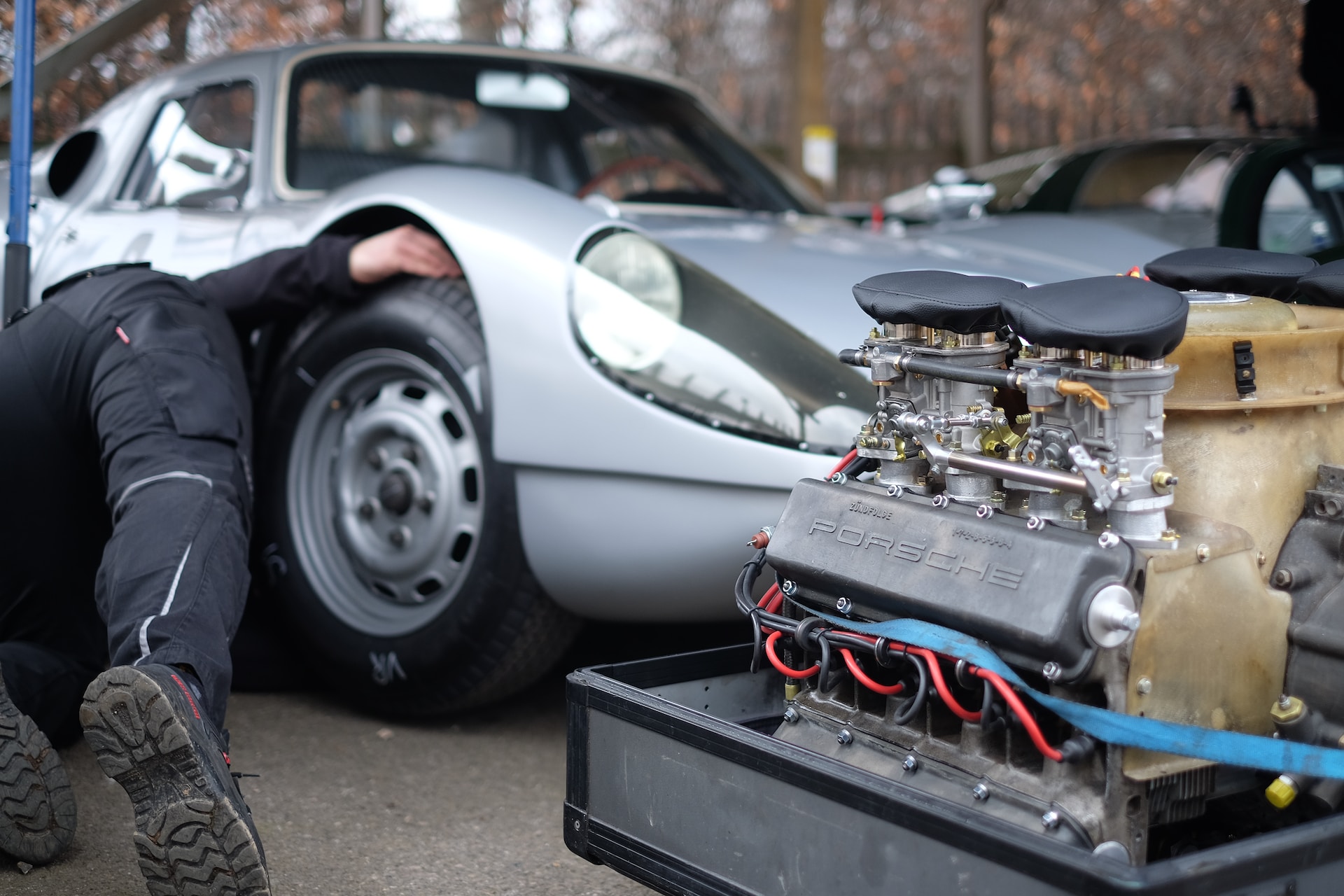Introduction
Engine replacement is a necessary and often costly procedure that many car owners may face during the lifetime of their vehicle. While the process can improve the performance and longevity of a car, there are also common problems that can occur after an engine replacement. This guide will explore some of the most frequent issues that car owners may experience after an engine replacement and provide solutions for what to do next.
Common Problems
- Incorrect Installation
- Oil Leakage
- Overheating
- Engine Misfires
- Electrical Issues
- What to Do After Engine Replacement
- Engine Replacement Cost
Incorrect Installation
One of the most common problems after engine replacement is incorrect installation. This can result in a variety of issues, such as engine misfires, stalling, or even engine failure. Proper engine installation requires extensive knowledge and experience, so it is crucial to have a reputable mechanic perform the procedure. To avoid incorrect installation, car owners should choose a mechanic who is experienced and knowledgeable in engine replacements, and ensure that the mechanic follows the manufacturer’s installation guidelines.
Oil Leakage
Oil leakage is another common problem that can occur after an engine replacement. This issue can be caused by a variety of factors, such as improper installation, damaged gaskets or seals, or even over-tightened bolts. Signs of oil leakage can include low oil pressure, engine warning lights, or visible oil spots on the ground. To fix this issue, car owners should have their vehicle inspected by a mechanic who can identify the cause of the leak and repair or replace the affected parts.
Overheating
Another common issue after an engine replacement is overheating. This can be caused by a variety of factors, such as incorrect installation, low coolant levels, or a malfunctioning cooling system. Symptoms of overheating can include engine warning lights, decreased performance, or visible smoke or steam from the engine. To prevent overheating, car owners should ensure that their engine is installed correctly, monitor coolant levels regularly, and have their vehicle inspected by a mechanic if any issues arise.
Engine Misfires
Engine misfires can occur after an engine replacement and can be caused by a variety of factors, such as incorrect installation, faulty spark plugs or wires, or a malfunctioning fuel injector. Symptoms of engine misfires can include decreased performance, rough idling, or engine warning lights. To diagnose and fix this issue, car owners should have their vehicle inspected by a mechanic who can identify the cause of the misfire and repair or replace the affected parts.
Check Our Blog On Common Oil Control Valve Problems
Electrical Issues
Electrical issues can also arise after an engine replacement and can be caused by a variety of factors, such as incorrect installation or damaged wiring. Symptoms of electrical issues can include engine warning lights, decreased performance, or problems with the vehicle’s electrical systems. To fix this issue, car owners should have their vehicle inspected by a mechanic who can identify the cause of the problem and repair or replace the affected parts.
What to Do After Engine Replacement
After an engine replacement, car owners should take several steps to ensure that their vehicle is running smoothly and safely. Firstly, it is important to monitor the vehicle for any signs of problems, such as overheating, oil leakage, or engine misfires. If any issues arise, car owners should have their vehicle inspected by a reputable mechanic as soon as possible. Secondly, car owners should follow the manufacturer’s maintenance guidelines for their new engine, including oil changes, fluid checks, and regular inspections. Finally, it is important to choose a reputable mechanic who can perform the engine replacement correctly and provide ongoing maintenance and repairs as needed.
Engine Replacement Cost
The cost of an engine replacement can vary depending on several factors, such as the make and model of the vehicle, the type of engine, and the cost of labor. According to industry experts, the average cost of an engine replacement can range from $3,000 to $7,000, although prices can be higher for luxury or performance vehicles. Car owners should also consider the cost of ongoing maintenance and repairs for their new engine, as well as any warranties or guarantees provided by the mechanic or manufacturer.
Conclusion
Engine replacement can be a costly and complex procedure, but it can also provide significant benefits for the performance and longevity of a vehicle. However, it is important for car owners to be aware of the common problems that can occur after an engine replacement and take steps to prevent or fix these issues. By choosing a reputable mechanic, monitoring the vehicle for signs of problems, and following the manufacturer’s maintenance guidelines, car owners can ensure that their new engine is running smoothly and safely.
FAQ’s related Common Problems After Engine Replacement
How do I know if my engine has been installed correctly after an engine replacement?
A reputable mechanic will be able to inspect your vehicle and determine if the engine has been installed correctly. Signs of incorrect installation can include engine misfires, stalling, or decreased performance. It is important to choose a mechanic who is experienced and knowledgeable in engine replacements to ensure that the installation is done correctly.
What should I do if my engine is overheating after an engine replacement?
If your engine is overheating after an engine replacement, it is important to stop driving your vehicle immediately and have it inspected by a reputable mechanic. Overheating can cause serious damage to your engine and other components of your vehicle. Possible causes of overheating can include incorrect installation, low coolant levels, or a malfunctioning cooling system.
How much does an engine replacement cost?
The cost of an engine replacement can vary depending on several factors, such as the make and model of the vehicle, the type of engine, and the cost of labor. According to industry experts, the average cost of an engine replacement can range from $3,000 to $7,000, although prices can be higher for luxury or performance vehicles.
What should I do if I notice oil leakage after an engine replacement?
If you notice oil leakage after an engine replacement, it is important to have your vehicle inspected by a reputable mechanic as soon as possible. Oil leakage can be caused by a variety of factors, such as improper installation, damaged gaskets or seals, or over-tightened bolts. Signs of oil leakage can include low oil pressure, engine warning lights, or visible oil spots on the ground. A mechanic can identify the cause of the leak and repair or replace the affected parts.
Why Tune in to Used Auto Arena?
Tuning into Used Auto Arena for car updates is a smart decision for several reasons. Firstly, Used Auto Arena provides up-to-date information on the latest trends and developments in the automotive industry, including new models, features, and technologies. This information can help car buyers make informed decisions about their next vehicle purchase and ensure that they are getting the best value for their money.




